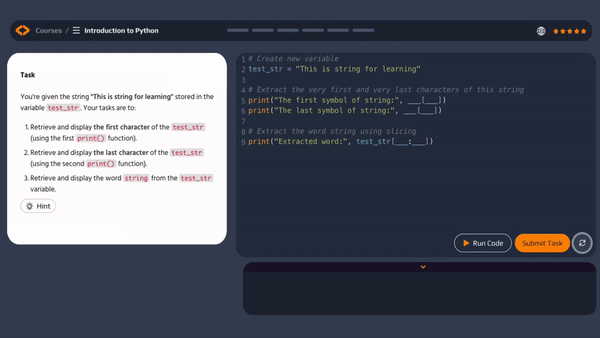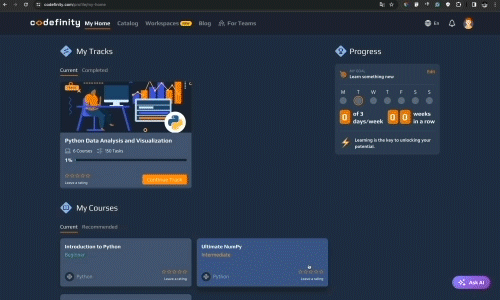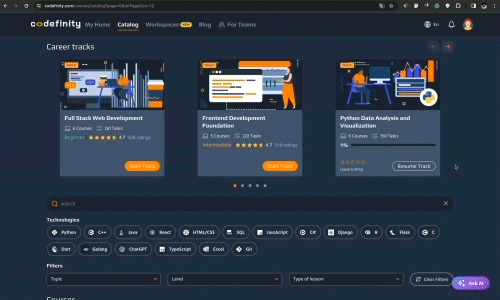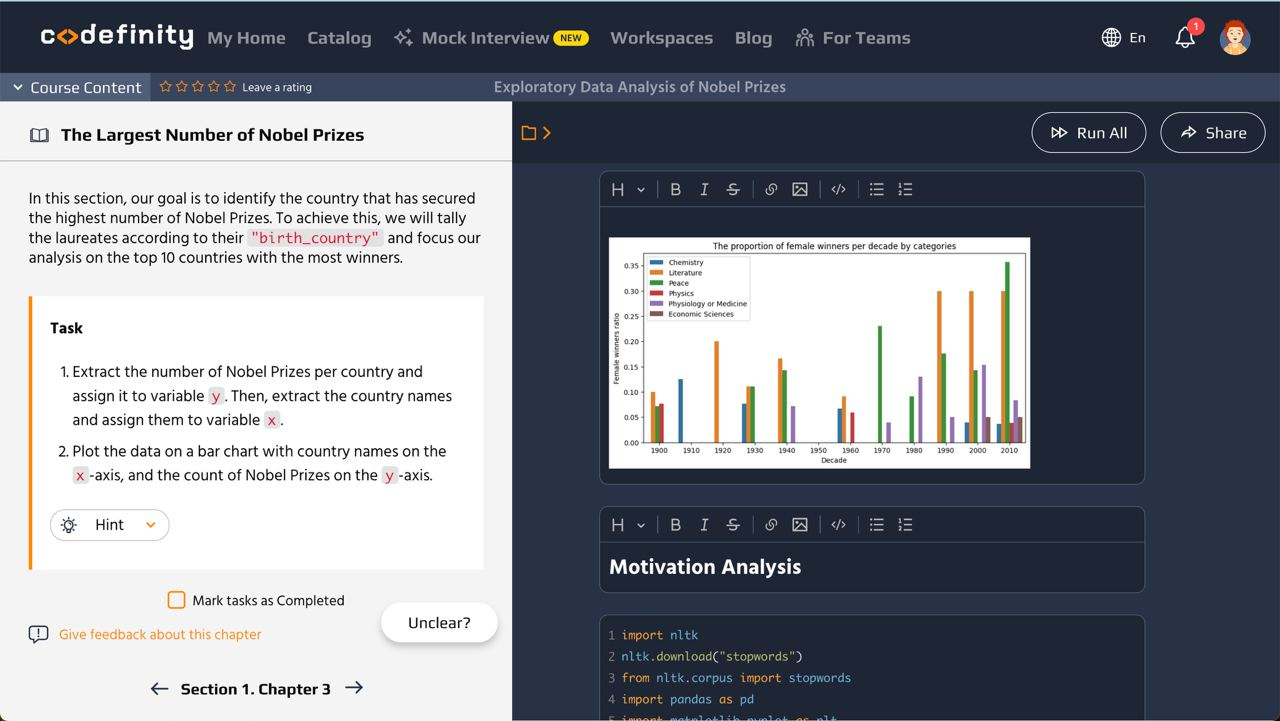Data Science Courses
course
Data Cleaning Techniques in Python
Intermediate
Acquired skills: Fuzzy Matching in Python, Deduplication Algorithms, Record Linkage Techniques, Advanced Text Cleaning
course
Ensemble Learning Techniques with Python
Beginner
Acquired skills: Ensemble Learning Fundamentals, Bagging and Random Forests, Boosting Algorithms, Advanced Ensemble Integration
course
Explainable AI (XAI) Basics
Beginner
Acquired skills: Explainable AI Fundamentals, XAI Methods and Concepts, Ethical AI Principles, AI Transparency Awareness
course
Feature Scaling and Normalization in Python
Beginner
Acquired skills: Feature Scaling, Mean-Centering, Standardization, Normalization (L1, L2, Max), Whitening and Decorrelation, Preprocessing Pipelines, Data Leakage Prevention
course
Geometry of High-Dimensional Data
Advanced
Acquired skills: High-Dimensional Geometry Intuition, Curse of Dimensionality, Concentration of Measure, Distance Collapse, Geometric Implications for ML Algorithms
course
Geospatial Data Science with Python
Intermediate
Acquired skills: Geospatial Data Fundamentals, Vector and Raster Data Handling, Coordinate Reference Systems, Spatial Operations, Geospatial Visualization, Spatial Joins and Overlays
course
Introduction to Reinforcement Learning with Python
Advanced
Acquired skills: Reinforcement Learning Foundations, Multi-Armed Bandit Algorithms, Dynamic Programming Methods, Monte Carlo Techniques, Temporal-Difference Learning, Gymnasium Basics
course
Introduction to Time Series Forecasting
Intermediate
Acquired skills: Time Series Analysis, ARIMA Modeling, Forecast Evaluation Metrics, Advanced ARIMA Techniques
course
MLOps Foundations
Beginner
1 STUDYING NOW
Acquired skills: MLOps Fundamentals, Experiment Tracking with MLflow, Model Deployment with FastAPI and Docker, Pipeline Automation with Airflow, Model Monitoring and CI/CD
course
Machine Learning for Time Series Forecasting
Intermediate
Acquired skills: Time Series Windowing, Feature Engineering for TS, Tree-Based Forecasting, Gradient Boosting for TS, Temporal Validation, Forecasting Strategies, Model Evaluation and Diagnostics
course
Mastering scikit-learn API and Workflows
Intermediate
Acquired skills: scikit-learn API Usage, Pipeline Composition, Data Preprocessing with Transformers, Model Selection Utilities, Estimator Introspection, Reproducibility in ML Workflows
course
Mathematical Foundations of Neural Networks
Advanced
Acquired skills: Neural Network Theory, Linear Algebra for Deep Learning, Activation Function Analysis, Approximation Theory, Expressivity of Neural Networks
Embrace the fascination of Tech Skills! Our AI-assistant provides real-time feedback, personalized hints, and error explanations, empowering you to learn with confidence.
With Workspaces, you can create and share projects directly on our platform. We've prepared templates for your convenience
Take control of your career development and commence your path into mastering the latest technologies
Real-world projects elevate your portfolio, showcasing practical skills to impress potential employers












































































Data Science Courses: Key Info and Questions
1. | Introduction to Neural Networks with Python | ||
2. | Introduction to Machine Learning with Python | ||
3. | Introduction to NLP with Python | ||
4. | Introduction to TensorFlow | ||
5. | Linear Regression with Python |





 Only for Ultimate
Only for Ultimate